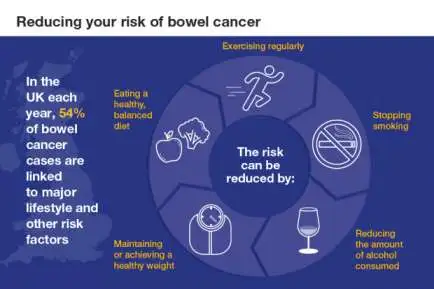
Patients with allergies to nonsteroidal anti-inflammatory drugs (NSAIDs) could be at an increased risk for opioid use disorder, a researcher reported.
In a cohort of patients with osteoarthritis in a large hospital system in Massachusetts, those with NSAID allergies had a significantly higher risk of receiving a future diagnosis of opioid use disorder compared with patients without allergies after adjusting for demographic characteristics, insurance, and comorbidities (adjusted odds ratio 1.53, 95% CI 1.03-2.25, P=0.03), reported Lily Li, MD, of Brigham and Women’s Hospital in Boston.
Between 2013-2018, patients with allergies were also significantly more likely to be prescribed opioids (OR 1.23, 95% CI 1.05-1.46, P=0.01), but less likely to be prescribed celecoxib (Celebrex, OR 0.77, 95% CI 0.6-0.9), she said at American College of Allergy, Asthma & Immunology virtual meeting.
Overall, the most common NSAIDs implicated in reactions were aspirin (25.6%), ibuprofen (12.6%), and naproxen (11.5%), whereas celecoxib accounted for just 5.7% of reactions, she noted.
“While celecoxib is considered an NSAID, due to its selectivity as a COX-2 inhibitor there is little cross-reactivity with other nonselective NSAIDs,” Li said during her presentation. “It can almost always be used safely, even for patients with confirmed allergic hypersensitivity to nonselective NSAIDs.”
Adverse drug reactions induced by NSAIDs — such as gastrointestinal upset, bleeding, or headaches — are often mistaken as a drug allergy. However, only about 20% of these reports are estimated to be true allergic hypersensitivity reactions, like cutaneous or respiratory reactions, urticaria, or anaphylaxis, Li said.
“While these types of reactions are sometimes classified as allergies by patients, they don’t necessarily warrant absolute NSAID avoidance such that if a patient had a specific need for an NSAID, they may still use these medications with appropriate monitoring,” Li said.
In the study, only 35% of drug interactions represented true allergic hypersensitivity reactions, most commonly rash (10.8%), angioedema (8%), and hives (9.4%), Li reported. Drug side effects made up 40.4% of adverse reactions, most commonly gastrointestinal upset (27.2%).
About a quarter of reactions were unknown, and “The high percentage of unknown or other reactions also highlights the challenges of evaluating and caring for patients with unclear reaction histories,” Li said.
Overall, the proportion of patients with osteoarthritis who reported NSAID allergies was high at 9.2%, Li said. There were more women, fewer white patients, and more Black and Hispanic patients in the group of patients with allergies than the control group without allergies, Li noted.
The allergic group also had more atopic and non-atopic comorbidities versus the control group, including depression, asthma, and cardiovascular disease.
Using the same dataset, Li and colleagues have also found patients with chronic back pain were at an increased risk of opioid use disorder, an increased risk of being prescribed opioids, and a lower risk of being prescribed celecoxib.
Together, the findings suggest allergists can play a key role in reducing opioid prescribing for patients with chronic pain and NSAID allergies. Providers can tease out which drug reactions are actually allergies, offer drug challenges to confirm allergen suspicions, and steer patients towards celecoxib or other alternatives to reduce prescribing, Li said.
“These patients may represent a high-risk population ideal for targeted allergy evaluation,” Li said.
Study limitations included its observational nature and unmeasured confounding.
Disclosures
Li disclosed no relevant relationships with industry.
Related Post
 08
08 Jul
What Is Self-Management of Chronic Disease?
Diabetes, joint inflammation, hypertension, lung illness, corpulence and other persistent sicknesses can make life challenging to oversee for a great many more seasoned grown-ups, frequently compelling them to surrender their freedom. The Challenges of Chronic Disease More established grown-ups are lopsidedly impacted.
Read More 01
01 Jul
7 Lifestyle Tips to Reduce Your Cancer Risk
How in all actuality do individuals bring down the possibilities getting malignant growth? There's a lot of exhortation. Yet, on occasion, guidance from one review conflicts with the exhortation from another. Disease avoidance data keeps on creating. In any case,.
Read More 27
27 Jun
Effective Allergy Treatments for Kids: A Comprehensive Guide
Is your youngster experiencing a runny nose, sniffling, and bothersome eyes? Assist them with feeling improved with these regular sensitivity cures you can attempt at home. Does your kid have a runny nose, sniffling, and irritated eyes? They may be managing.
Read More 20
20 Jun
Journal Prompts for Mental Health: 7 Ideas to Explore
Journaling has a heap of psychological well-being benefits, however you don't necessarily have any idea what to expound on to get the worth out of a journaling meeting. That is where journaling prompts for treatment come in. More profound diary prompts.
Read More
